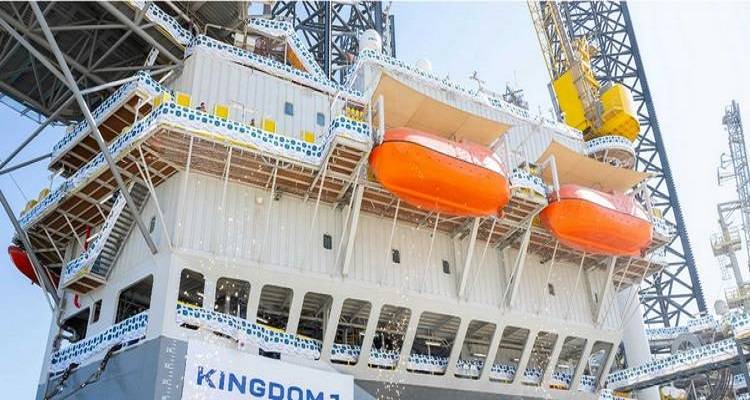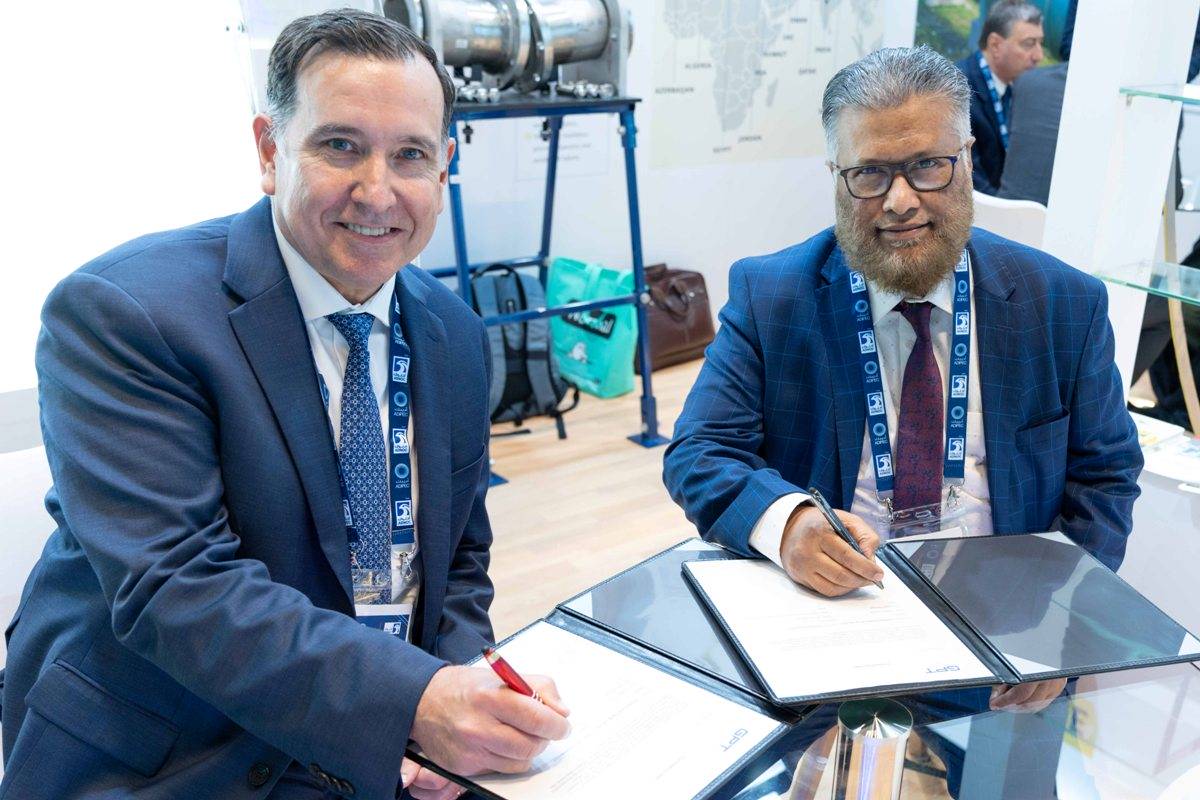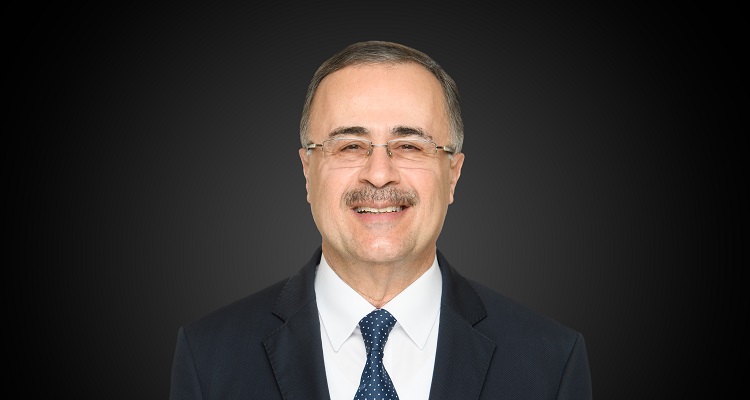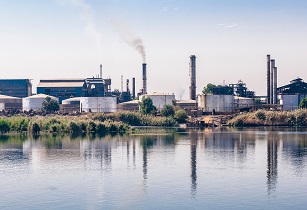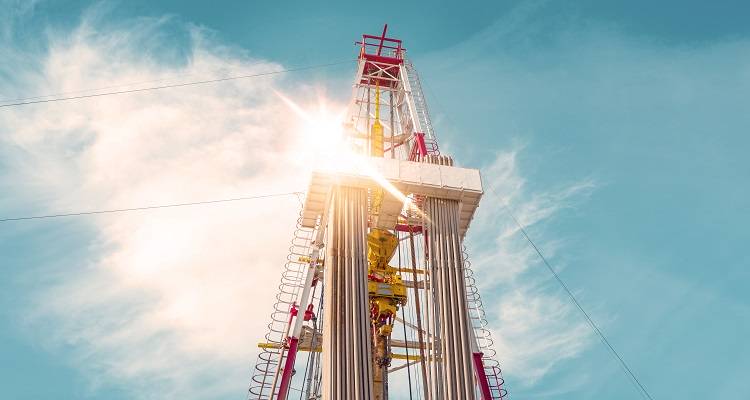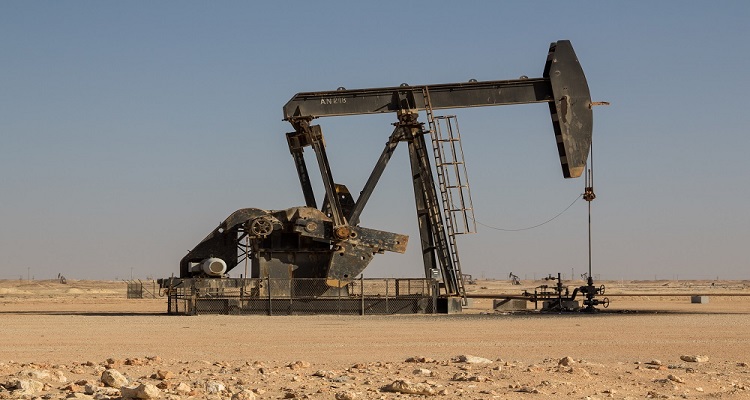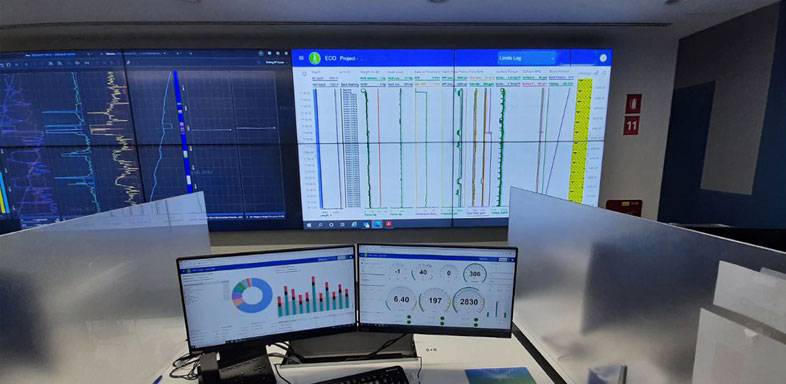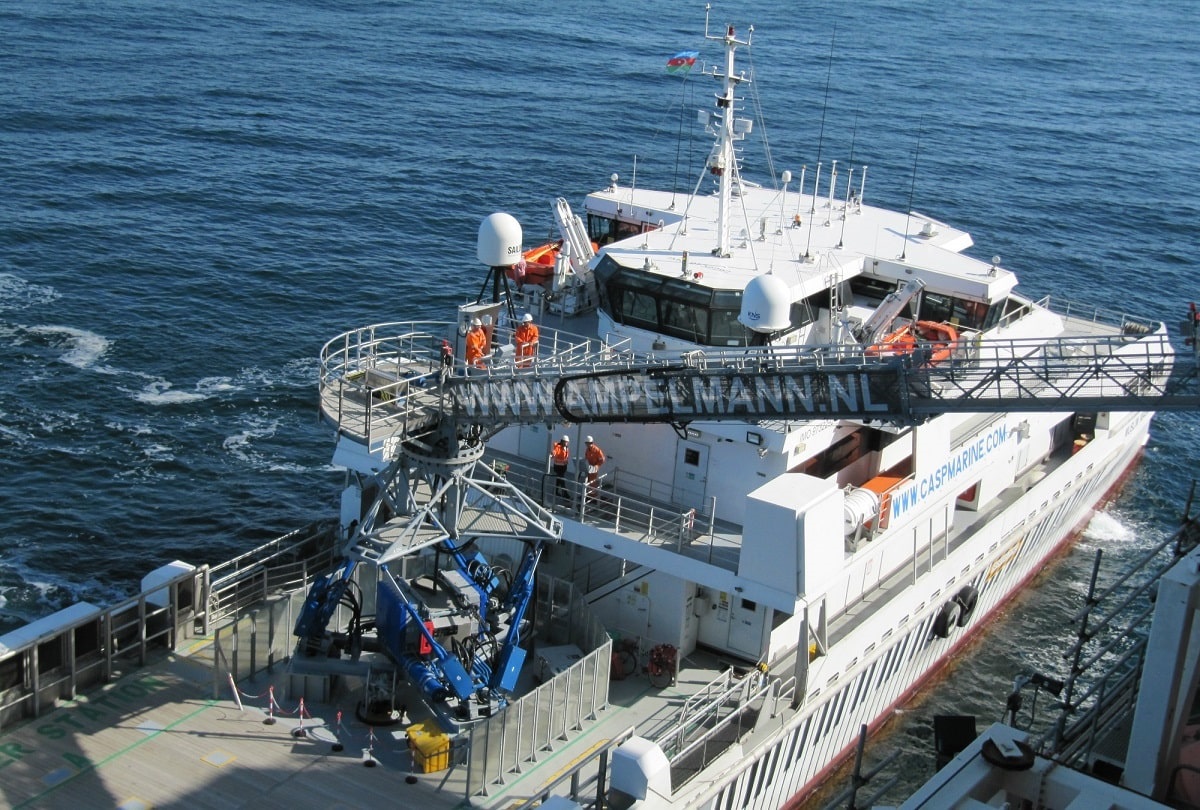Algeria’s newly appointed minister of energy and mining will focus on increasing gas production, according to PGI Intelligence’s latest Insight report on the recent cabinet reshuffle and the outlook for reforms in Algeria
Algeria announced the replacement of seven cabinet ministers, including the finance and energy ministers, and the creation of a new cabinet position on 11 June. The move reflects broader attempts to diversify the economy and address declining state revenues, which rely heavily on hydrocarbons and have dropped by 40 per cent since oil and gas prices peaked in 2014.
Many of the new appointments include respected technocrats and have been viewed by some commentators as the latest effort to deliver much-needed economic reform, says PGI Intelligence.
The replacement of the minister of energy and mining, Salah Khebri, with former head of Sonelgaz Nouredine Bouterfa, is seen as part of a wider effort to reshape Algerian energy policy and attract foreign investment. Following his appointment, Bouterfa said that he would focus on developing the gas sector and increasing production. Algeria has gas reserves of around 4.5 trillion cubic metres, according to the latest BP Statistical Review of World Energy, the second largest in Africa after Nigeria. Bouterfa has also previously advocated higher energy prices with the aim of increasing state revenues and dampening rising domestic demand to make more gas available for export.
Long-running efforts to diversify the economy have, however, failed to deliver significant results, PGI Intelligence points out, and economic reform will continue to be hampered by political uncertainty around the presidential succession. Divisions within the political elite present a further obstacle as some factions continue to oppose liberalisation. Consequently, the prospects for diversification remain limited, concludes the report, leaving Algeria vulnerable to widening budget deficits and any future external shocks to gas exports.












